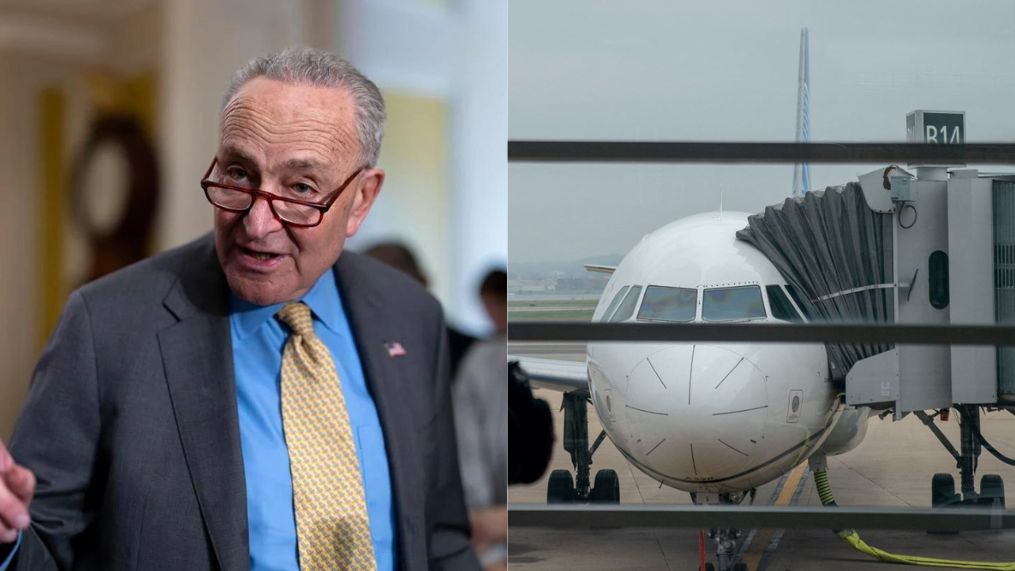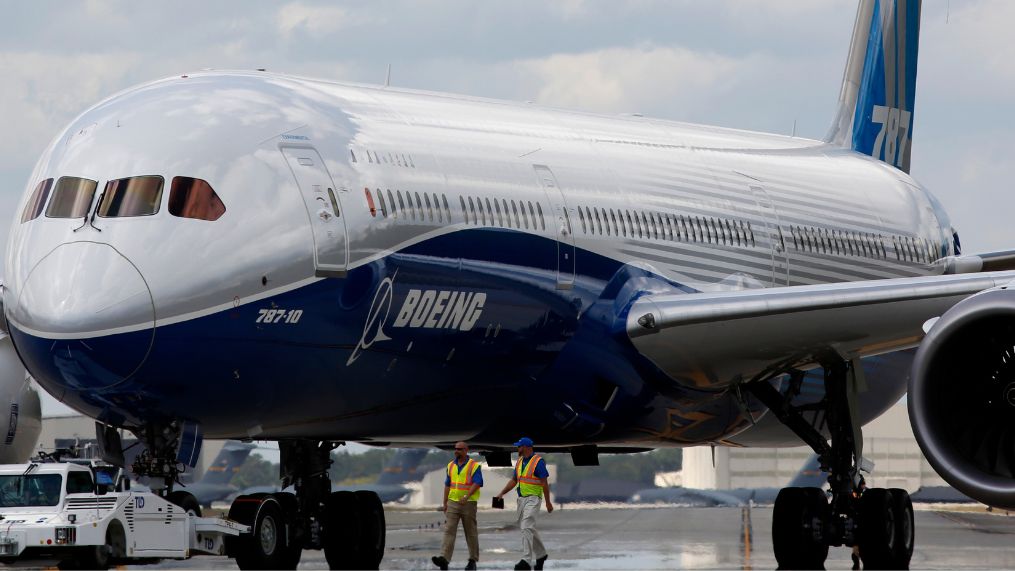The U.S. Senate has passed a comprehensive aviation bill aimed at bolstering air traffic control, mitigating runway incidents, and streamlining flight refunds.
Valued at $105 billion over five years, the legislation renews the authority of the Federal Aviation Administration (FAA).
Key provisions of the bill include prohibiting airlines from separating families and mandating the installation of 25-hour cockpit recording devices, a significant increase from the current two-hour requirement.
The FAA is directed to implement advanced airport surface technology to reduce collision risks.
The legislation also mandates the addition of five daily round-trip flights at Washington National Airport and extends the period for which airlines must accept vouchers and credits to at least five years.
Recent aviation incidents, including a mid-air emergency involving an Alaska Airlines Boeing 737 MAX 9, have underscored the urgent need for safety improvements.

While the bill does not raise the mandatory pilot retirement age to 67, as previously proposed, it includes measures to expedite refunds for passengers affected by flight cancellations.
The maximum civil penalties for airline consumer violations are also increased from $25,000 to $75,000.
Efforts to address the shortage of 3,000 air traffic controllers are prioritized through improved staffing standards and hiring initiatives for inspectors, engineers, and technical specialists.
Consumer transparency is enhanced with the requirement for the Transportation Department to create a dashboard displaying minimum seat sizes for each U.S. airline.
However, many consumer provisions proposed by the Biden administration were rejected.
In addition to reauthorizing the National Transportation Safety Board, the bill promotes the adoption of drones and flying air taxis while extending existing government counter-drone authority until October 1.





